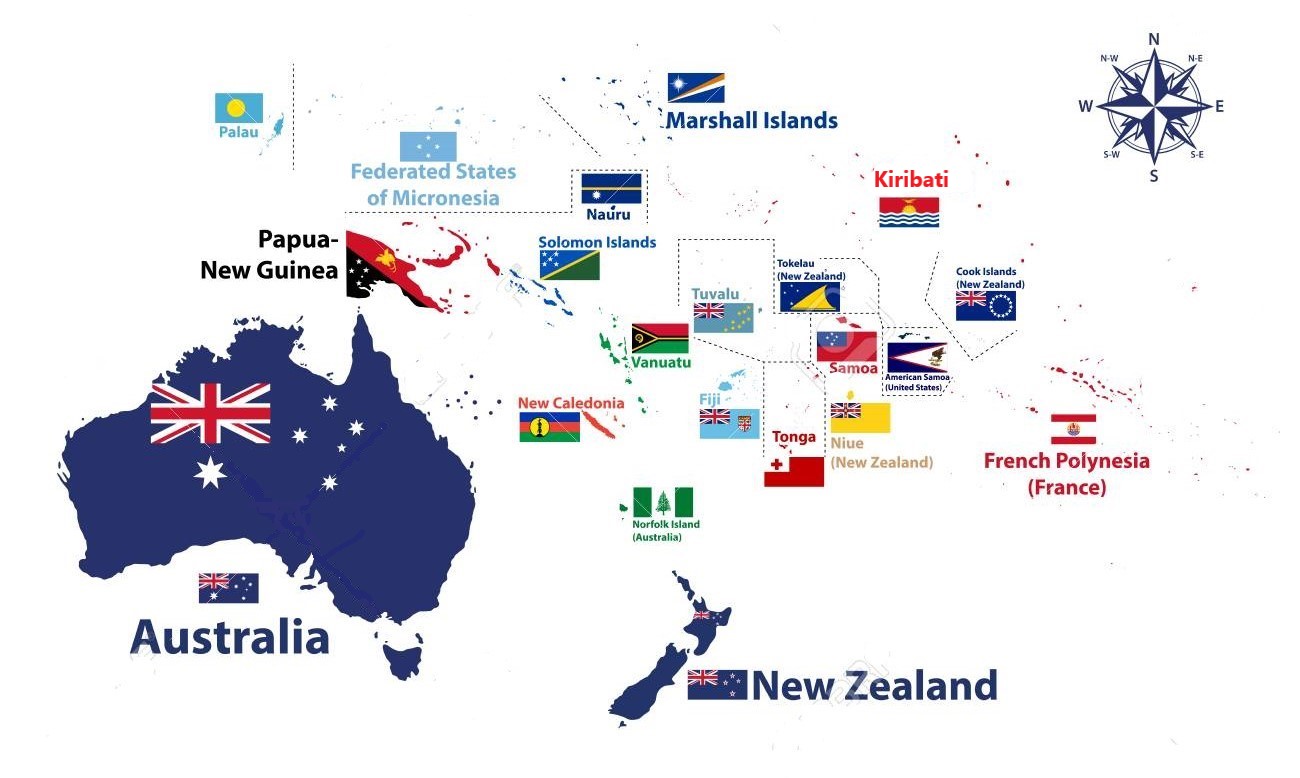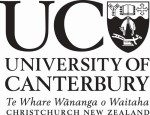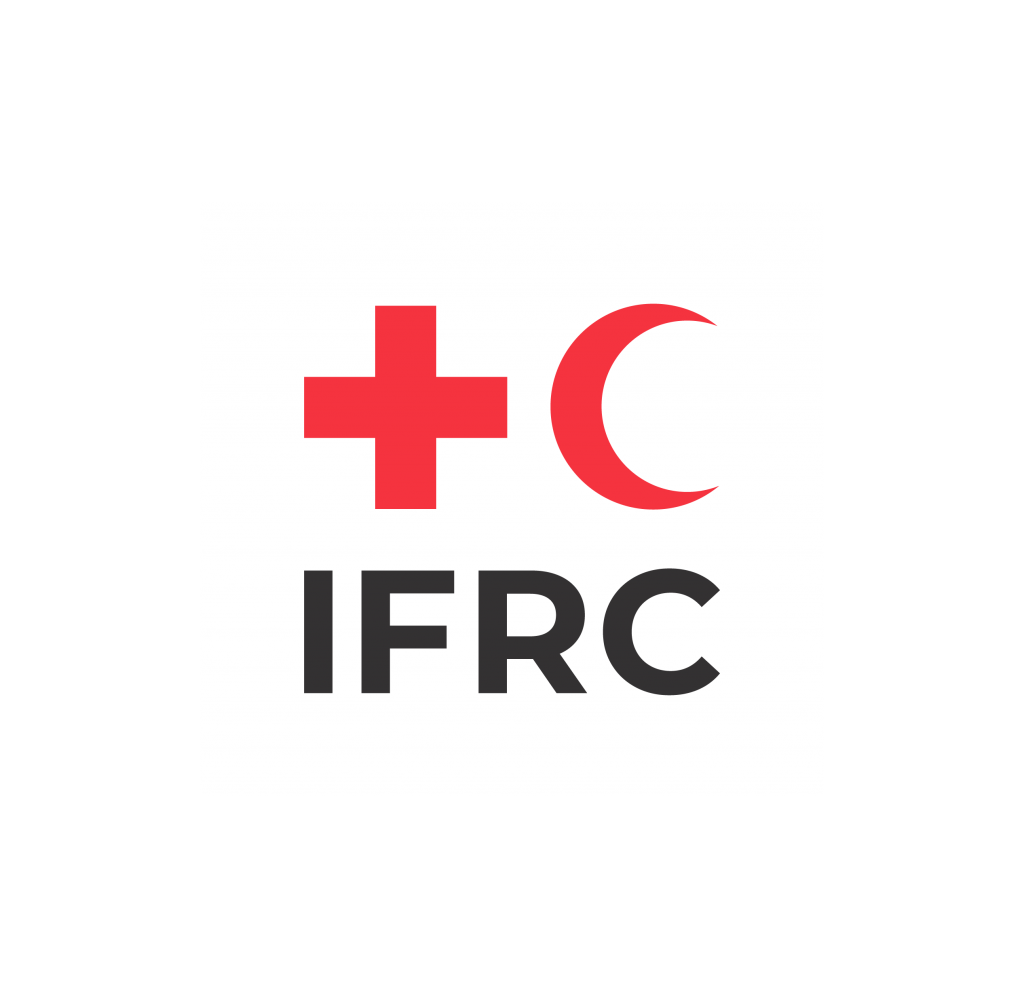
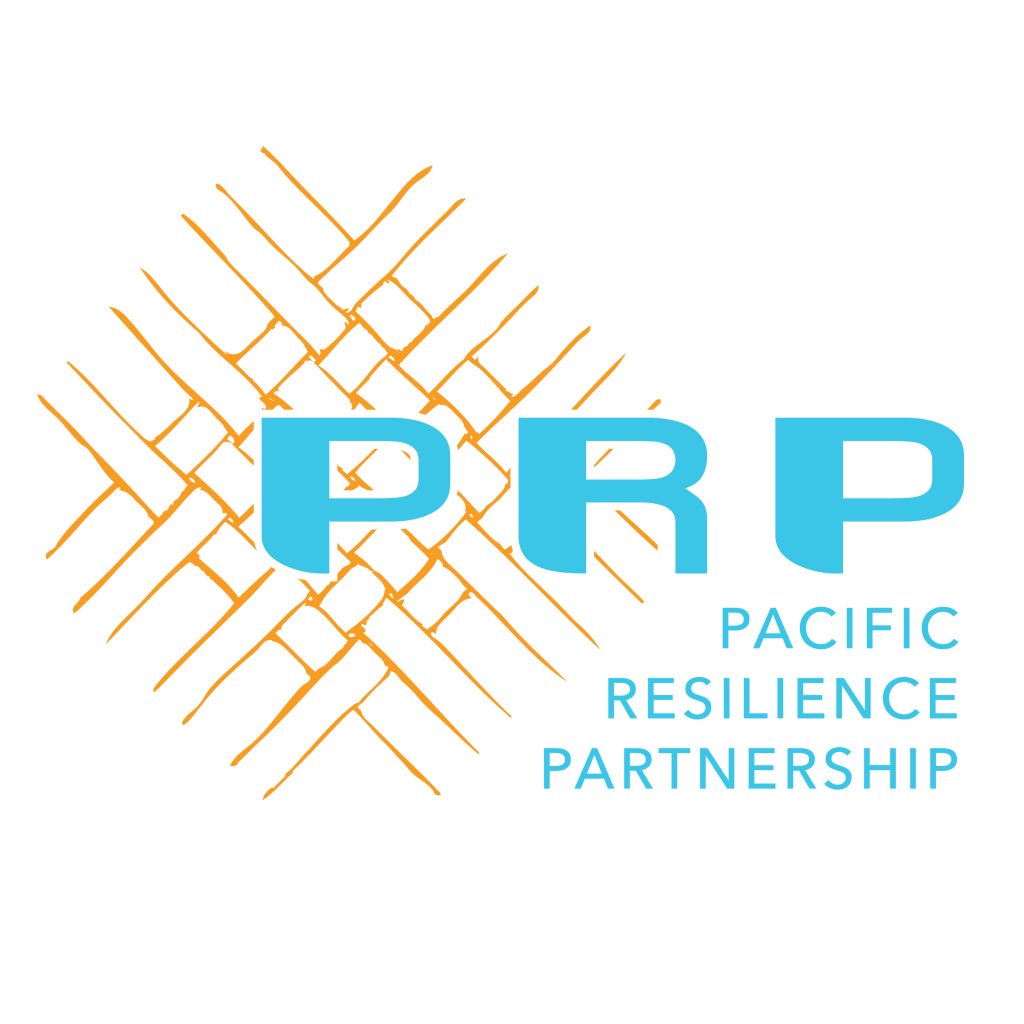
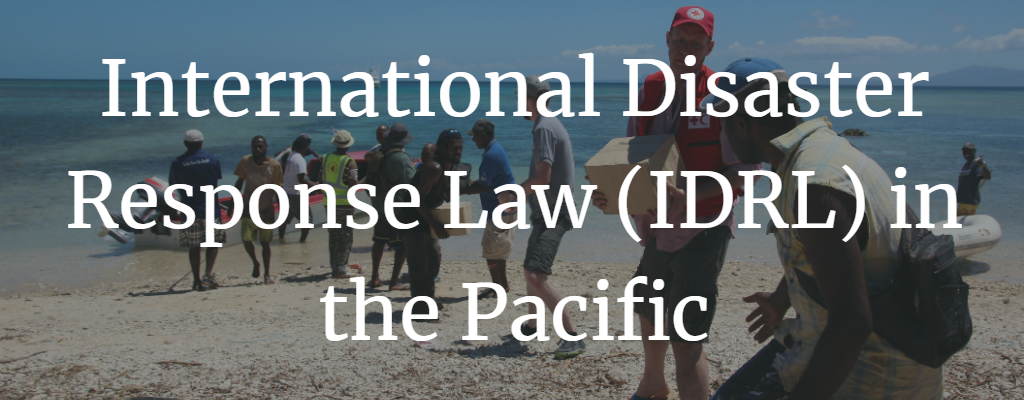
Introduction and Methodology
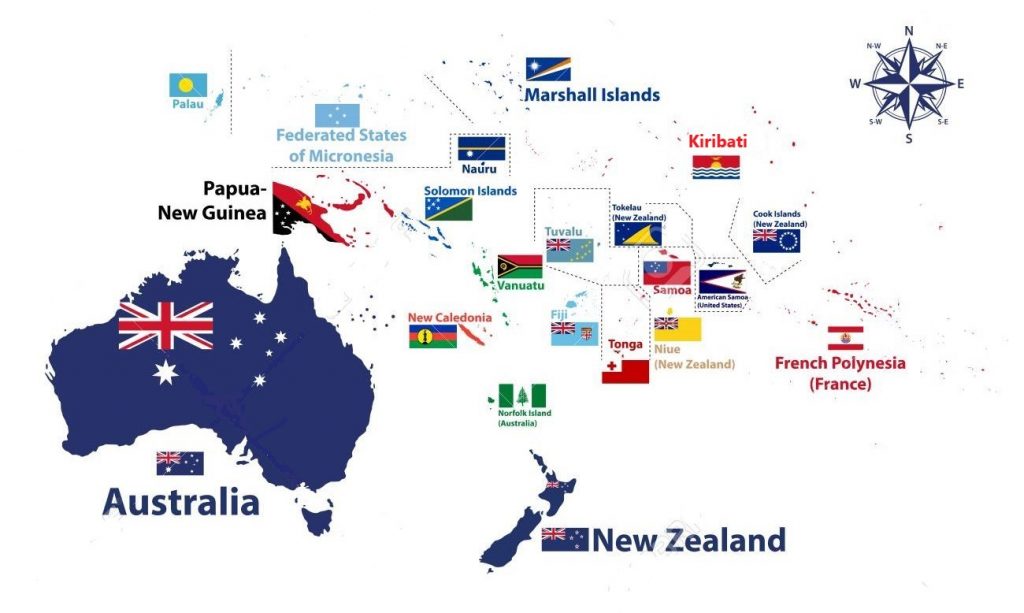 Pacific Island Countries are extremely vulnerable to climate change and natural hazards, which are major challenges for the development aspirations of the people of the Pacific and their environment. In fact, the region hosts five of the ten most at-risk countries in the world. As witnessed by recent destructive Tropical Cyclones and health emergencies in the region, some of these events transcend national boundaries or may overwhelm local coping capacities, requiring regional and international support. During such times, it is essential that regional and international assistance compliments domestic efforts and that local actors are firmly in the driver’s seat. It is also important that if assistance is accepted, that certain legal facilities are granted to humanitarian partners so that they can provide timely and effective assistance. As such, it is critical that domestic laws and polices provide clear rules of the road to guide national and international humanitarian efforts.
Pacific Island Countries are extremely vulnerable to climate change and natural hazards, which are major challenges for the development aspirations of the people of the Pacific and their environment. In fact, the region hosts five of the ten most at-risk countries in the world. As witnessed by recent destructive Tropical Cyclones and health emergencies in the region, some of these events transcend national boundaries or may overwhelm local coping capacities, requiring regional and international support. During such times, it is essential that regional and international assistance compliments domestic efforts and that local actors are firmly in the driver’s seat. It is also important that if assistance is accepted, that certain legal facilities are granted to humanitarian partners so that they can provide timely and effective assistance. As such, it is critical that domestic laws and polices provide clear rules of the road to guide national and international humanitarian efforts.
The current platform examines the legal preparedness for international disaster assistance across the 16 English-speaking member states of the Pacific Islands Forum. The platform provides an assessment of domestic disaster risk management arrangements against the “Guidelines for the domestic facilitation and regulation of international disaster relief and initial recovery assistance” (IDRL guidelines) as promulgated by the IFRC and accepted by all UN member states as the key measurement in its assessment. It also makes reference to the draft Regional Guidelines for International Disaster Assistance and Cooperation in the Pacific.
The platform contains country profiles and also a comparative regional analysis. The research was primarily undertaken as a desktop study utilising publicly available resources from the 16 states concerned. In addition, contact with relevant representatives from the 16 states by email, telephone, and, in some cases, through face to face meetings. These feedback processes were used to ensure the accuracy of the country studies.
![]()


